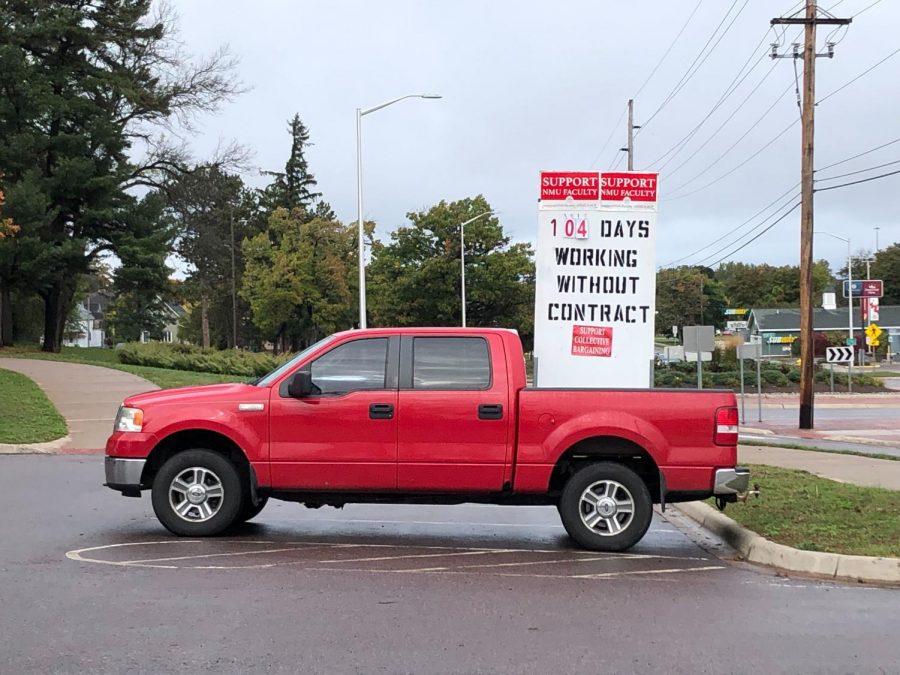Currently, there are strikes by the United Auto Workers Union (UAW) happening in over a dozen states. This is along with ongoing strikes from the Screen Actors Guild (SAG) and the Writer’s Guild of America (WGA) recently concluded talks for a new contract. With unions being at the forefront of many news programs, dialogue about them has become much greater.
So, what’s the point of all this? Before going in-depth about unions, the discourse often reminds me of a TikTok I once saw, which showed the comment section of a video with people clamoring to never go to your work’s HR department with a complaint, but to go to a union instead.
Unions exist to better protect the workplace rights of its members, which can be people of many different professions – from auto workers to bus drivers, to teachers and more. On top of that, union workers often receive better wages, extended benefits, and legal representation for disputes or when needing advice on the rights entitled to them in the workplace. Unions give members greater job security than non-union employees simply due to their collective bargaining power.
Sure, there’s a few tradeoffs. Everyone has to pay their dues, which is either a percentage of your salary, or a monthly rate. Either way, not everyone wants to spend the money, which is understandable. If the union doesn’t deliver, then the dues definitely won’t feel “worth it.”
Then there’s other criticisms, such as unions being too insular, or being too hostile to employers. I’m not too convinced by these. The very concept of work disputes has tension to them, and I believe employers shouldn’t get too upset about having to compromise with their workers.
I doubt this comes as a surprise, but worker’s rights have been an interest of mine for a long time. I’ve read plenty of political scientist Mark Fisher’s essays on labor, as well as Karl Marx’s theory of alienation. One of my favorite movies is Paul Schrader’s Blue Collar. On top of that, my mom works in Michigan’s own AFL-CIO (American Federation of Labor and Congress of Industrial Organizations). While I’m not part of one, unions have a pretty visible role in my life.
Last year I helped pass out AFL-CIO pamphlets in support of Gretchen Whitmer’s reelection campaign to different houses. A few doors I knocked on had people who already had plenty of history with unions. I particularly remember one guy in his early nineties who spoke of his time in a union, and the interactions he had during contract disputes.
Some students might remember the NMU-AAUP teacher’s union contract negotiations from two years ago. The negotiations went on for over 100 days, with teachers working without a contract during that time. Red t-shirts, pins and stickers with the NMU-AAUP logo, were basically everywhere around campus, and the rest of Marquette as well.
It was very interesting to watch unfold, with “no confidence” votes being passed, student and union member protests and sit-ins during board meetings. I remember passing a truck parked just on the edge of campus with a placard counting the number of days teachers had worked without a contract and the red AAUP signs on doors and hallways throughout campus.
Watching a union succeed in real time was quite a sight to behold, especially when we often see strikes fail. In all, I think unions are a great way of securing worker’s rights as well as giving people their fair share as an employee, and watching these recent strikes unfold has been great to see. I hope to see more advances in worker’s rights in the future.



























